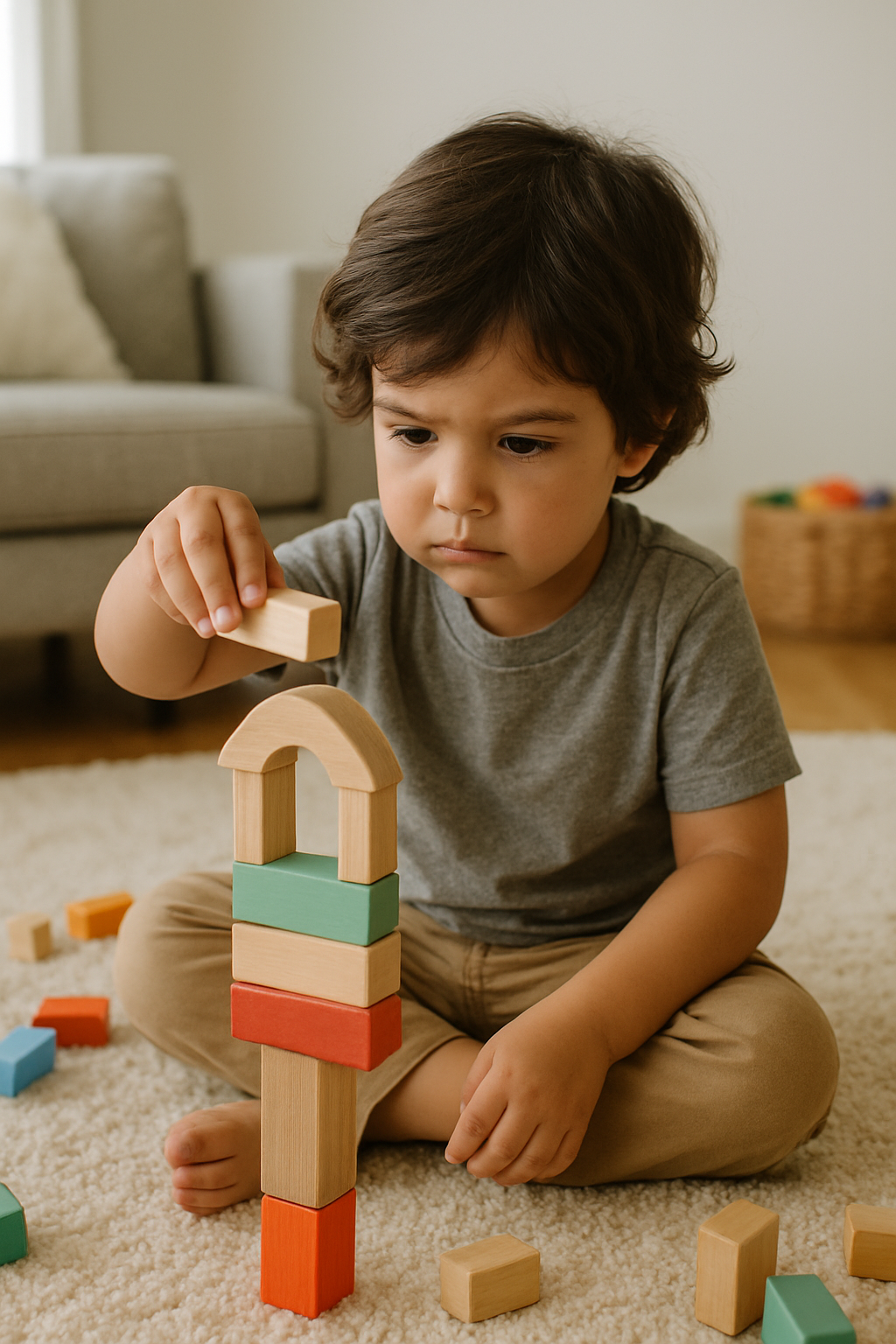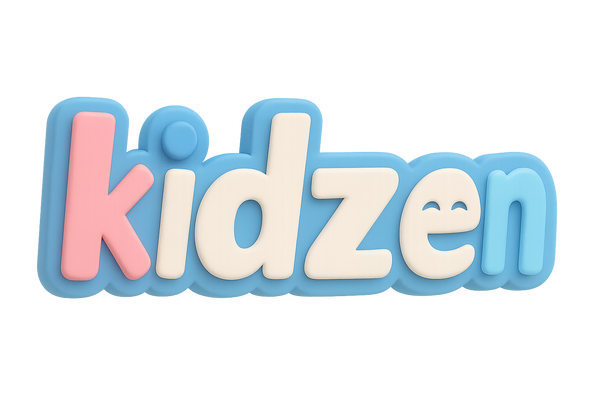
Playtime Isn’t Just a Break: It’s Serious Brain Work
Share
We often see children playing and think, “They’re just having fun.” But from a developmental perspective, play is one of the most important activities a child can engage in. It’s not a break from learning—it is learning.
What Happens in the Brain During Play?
During play, children are not only having fun—they’re also:
-
Practicing problem-solving
-
Exploring social roles
-
Regulating emotions
-
Building memory and attention
According to a report from the American Academy of Pediatrics (2018), play stimulates brain development and function, especially in the prefrontal cortex—responsible for decision-making and emotional control.
Even simple pretend play helps wire the brain for abstract thinking and empathy.
Unstructured Play = Deep Learning
Unlike structured classes or screen time, unstructured play allows kids to create rules, adapt to surprises, and test limits—all without judgment. A study in Early Childhood Research Quarterly found that children who had more unstructured playtime showed better executive function and classroom readiness (Barker et al., 2014).
Blocks, costumes, cardboard boxes—these aren't just toys. They are the tools of cognitive development.
Play and Emotional Resilience
Play provides a safe space for children to express emotions, manage fears, and resolve internal conflict. When children play “house” or act out stories, they process experiences and rehearse emotional responses.
Dr. Stuart Brown, founder of the National Institute for Play, notes that “play is like fertilizer for the brain. It’s essential, not optional.”
